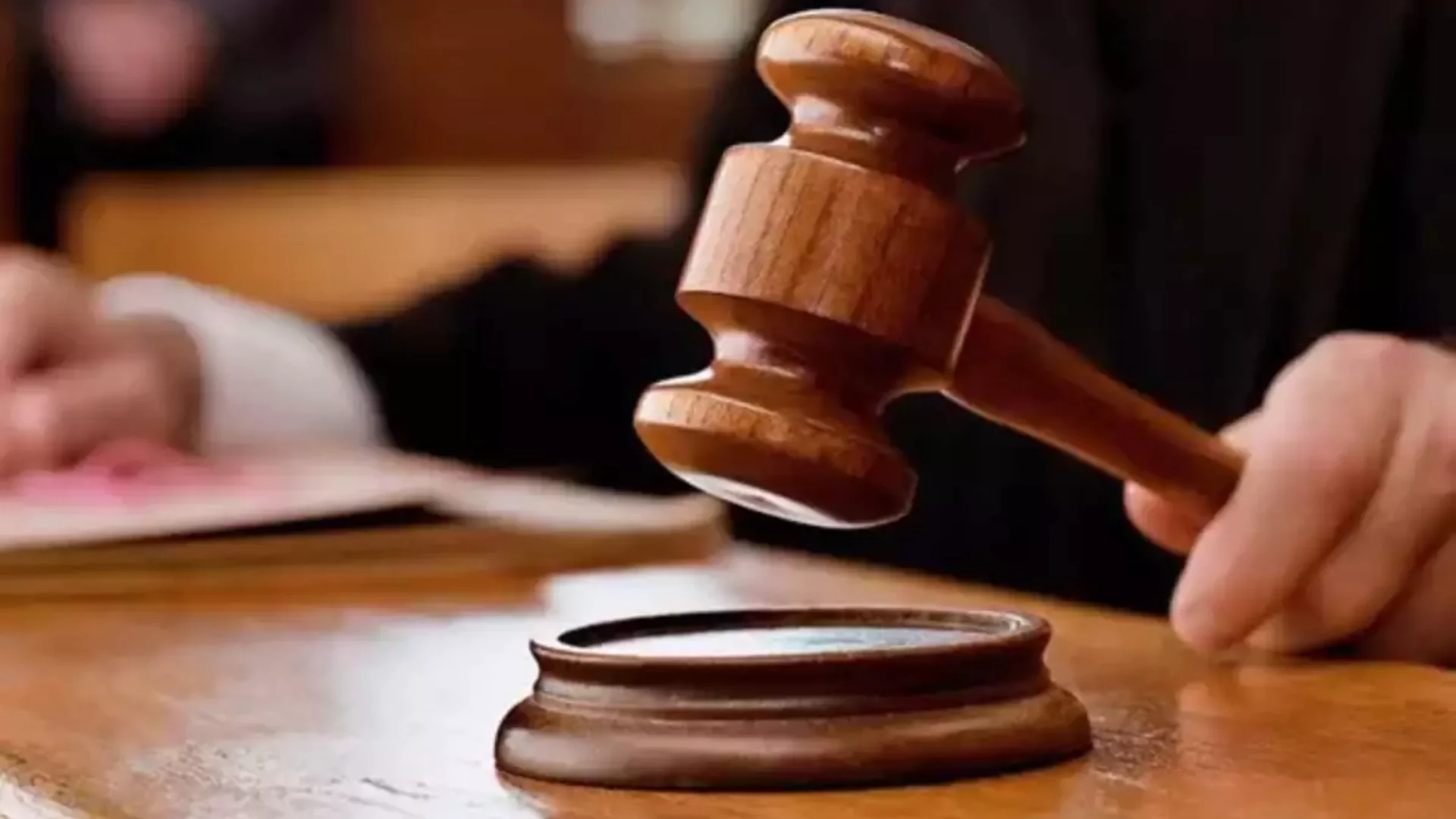India is likely to reach $100 billion in trade with Russia, according to S. Jaishankar, the country’s External Affairs Minister, ahead of the 2030 deadline. Speaking on issues focused on during the current visit, Jaishankar spoke on Tuesday saying the two countries have made considerable progress in removing barriers to trade but said much of work still remained to be done to make trade between them more balanced.
Focus on Trade Imbalance and Payment Challenges
Jaishankar noted that though bilateral trade has increased manifold, touching an estimated $66 billion, the country is facing a substantial trade deficit and is largely affected by the imports of Russian crude oil from this country. “Our goal is to ensure a more balanced trade,” Jaishankar said while emphasizing that overcoming some of the current constraints, particularly on the issue of payments and logistics, would be the key.
Our objective is that trade should be more balanced and that will require to address the current constraints and greater facilitative efforts. Facilitation to do trade should go hand in hand with progress in negotiations on the India-Eurasian Economic Union FTA,” he said.
Progress Amid Sanctions and Logistics Issues
He mentioned that “some of the challenges” notwithstanding, was optimistic about the progress made so far: Russia had an economic sanctions imposed on it by the western countries which would pose a challenge in trade, particularly to the aspect of payment and logistics, but still both countries had made “perceptible progress” to resolve those issues.
“There have been challenges to trade, especially in regard to payments and logistics. There has been perceptible progress in that regard but there is still some work to be done,” Jaishankar said.
Expanding the Trade Basket and Strengthening Cooperation
This was supported by Russia’s First Deputy Prime Minister Denis Manturov, who underlined rapid growth in bilateral trade. As of now, he said that trade had increased more than five times over the past five years. However, Manturov agreed that diversification of the trade basket is important for long-term growth and India is now the second largest trading partner to Russia.
According to Manturov, Russia imported more agricultural products, medications, industrial equipment, and their components from India than the day before every day. He also declared that Russia was prepared to sign both an FTA between India and the Eurasian Economic Union and a bilateral agreement on services and investments.
Growing Financial and Transport Cooperation
Financial cooperation between both sides is gaining momentum. Manturov mentioned that as much as nearly 90% of all trade is now being settled in local and alternative currencies, which is a crucial development in the context of Western sanctions. He said that expanded cooperation between Indian and Russian banks would be important to intensify economic cooperation. Improving direct connectivity was emphasized as an issue, with Manturov appealing for a hike in direct flights between the two countries while the present quota stands at 12 direct weekly flights operated by Aeroflot.
Roadmap for Economic Cooperation
Jaishankar and Manturov called for accelerating work under the Intergovernmental Commission on Trade, Economic, Scientific, Technical, and Cultural Cooperation (IGC-TEC). They called on the 14 working groups and six sub-groups to accelerate formulation of a comprehensive economic cooperation program in the 2023-2030 period. The ultimate objective here is a more open market, facilitated trade to reach the target of $100 billion.
Other important sectors were therefore identified during the discussions in the meeting of the IGC-TEC, namely hydrocarbons, nuclear energy, agriculture, science and technology, IT, pharmaceuticals, healthcare, fertilisers, and education.

















